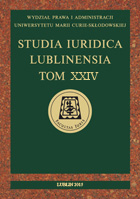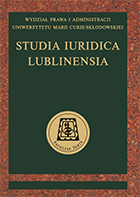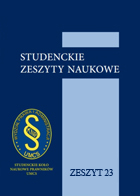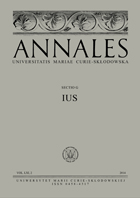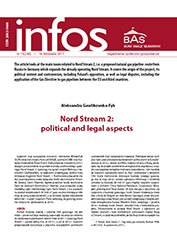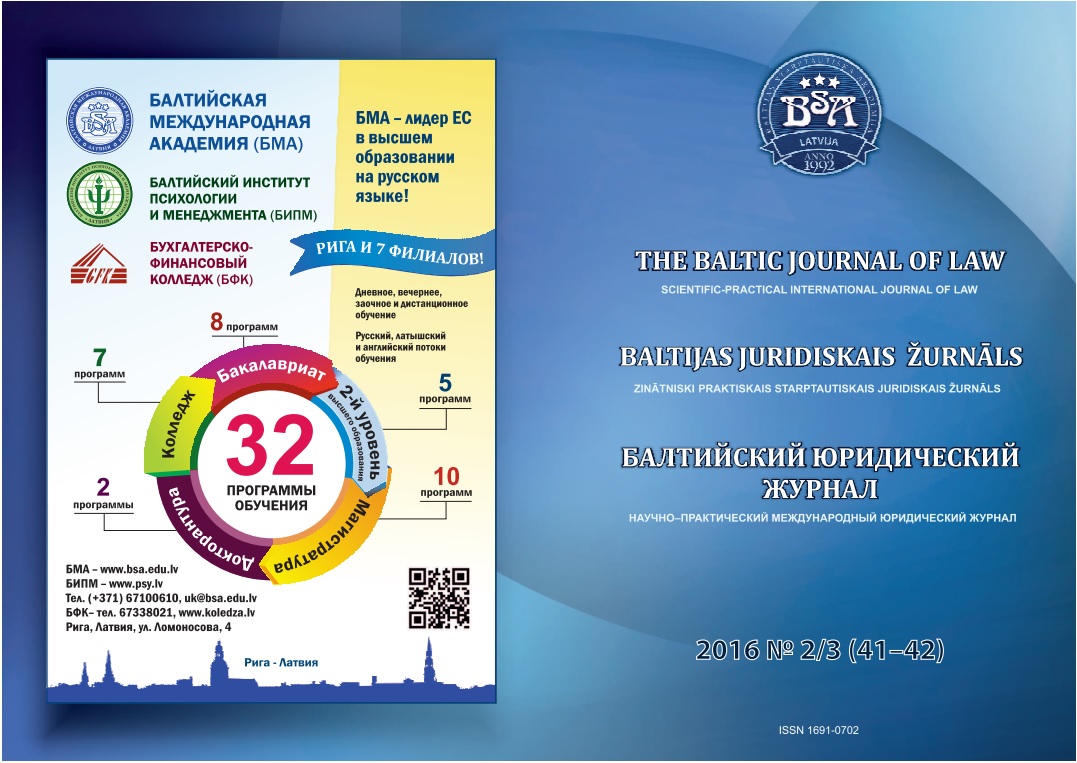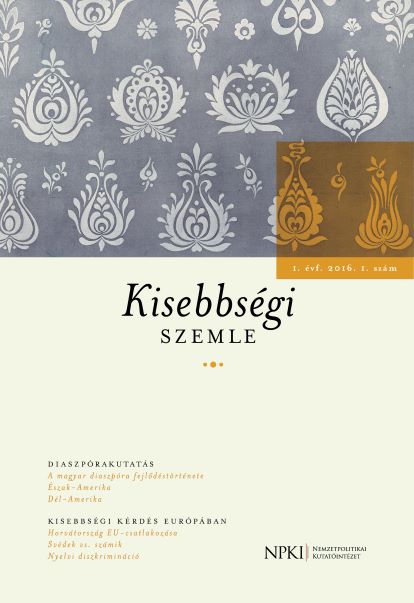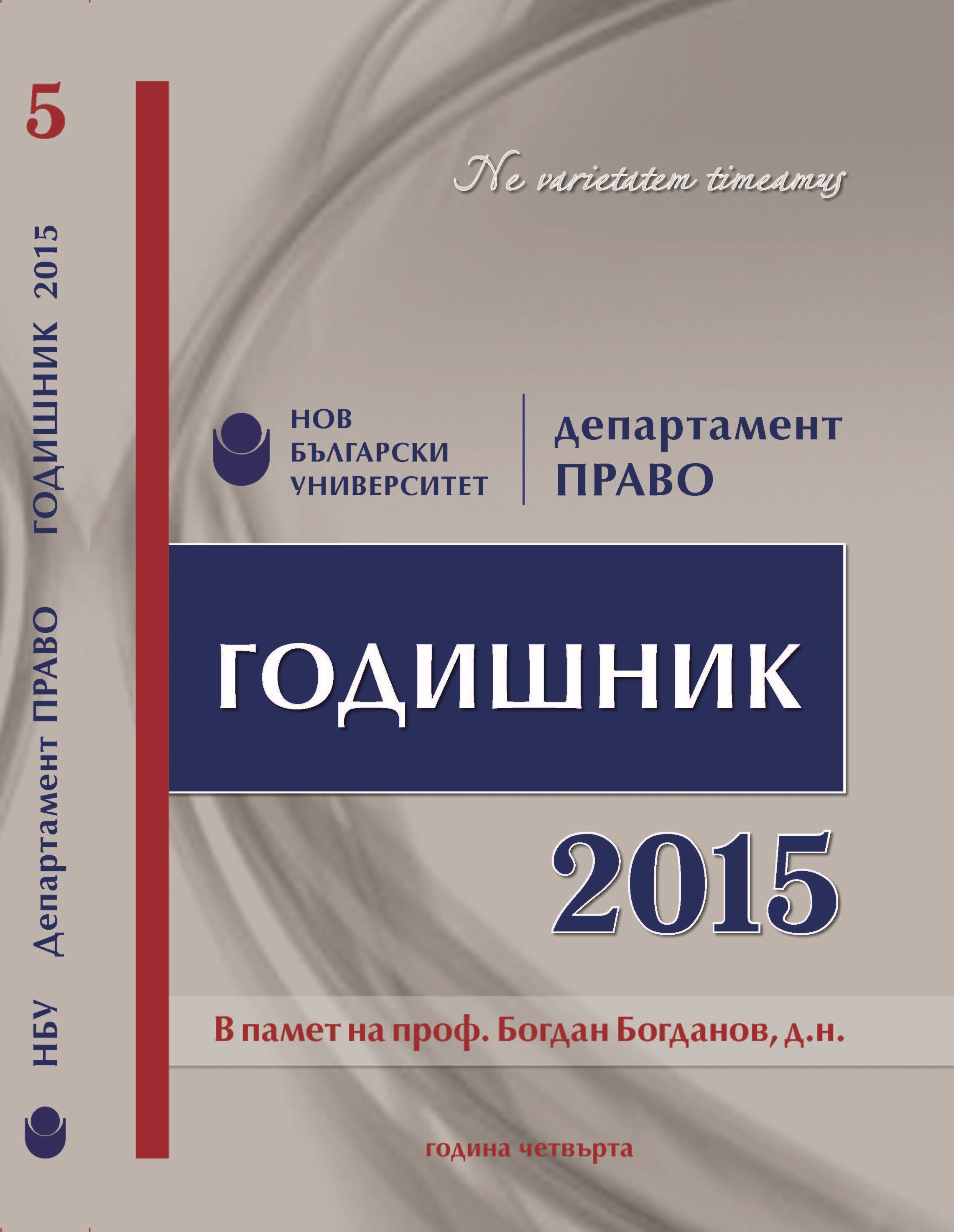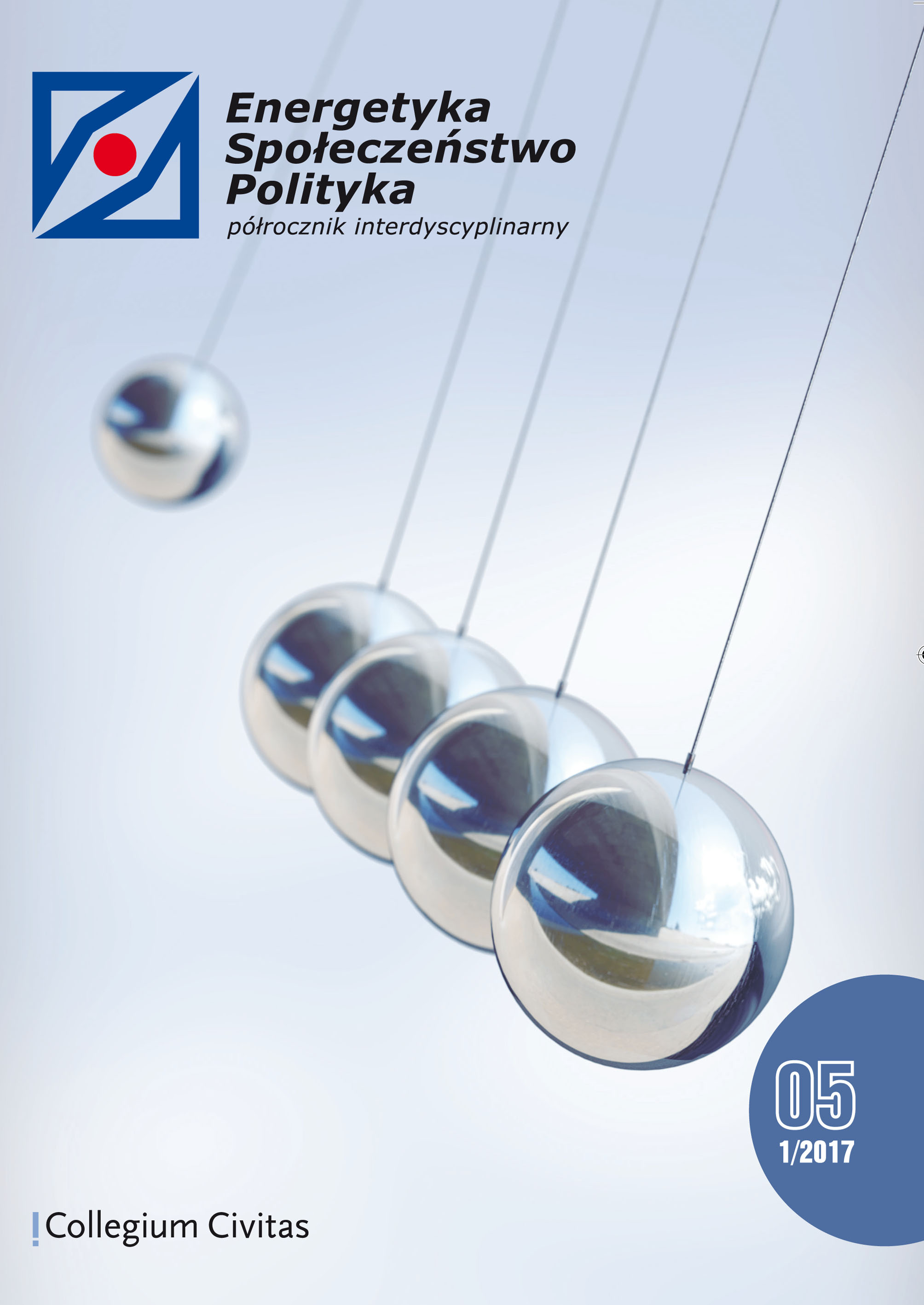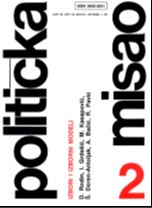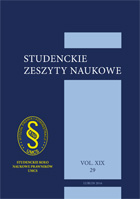
Wybrane zagadnienia związane z projektem rozporządzenia Parlamentu Europejskiego i Rady w sprawie ustanowienia Prokuratury Europejskiej
The Lisbon Treaty has brought major changes in the functioning of the European Union, including in the area referred to in Art. 4 section 2 point j of the Treaty on the Functioning of the European Union, which is an area of freedom, security and justice. It should first be noted that characteristic for European Union “pillar structure” has been liquidated. Former pillar III is nowadays covered by a single legal regime. Without a doubt falls conclude that the Lisbon Treaty has made a huge step towards the approximation of the laws of the Member States. Art. 86 TFEU introduces interesting novelty in this plane, providing for the possibility of establishment of an European Public Prosecutor’s Office, which is the EU body for investigating, prosecuting and bringing to justice the perpetrators of crimes against the financial interests of the European Union. Analysis of selected provisions of the Regulation on the establishment of an European Public Prosecutor’s Office leads to conclusion that draft regulation is not deprived of interpretational doubts. For instance there is a forum shopping threat. Fair trial standard and legislative technique have also been violated.
More...
